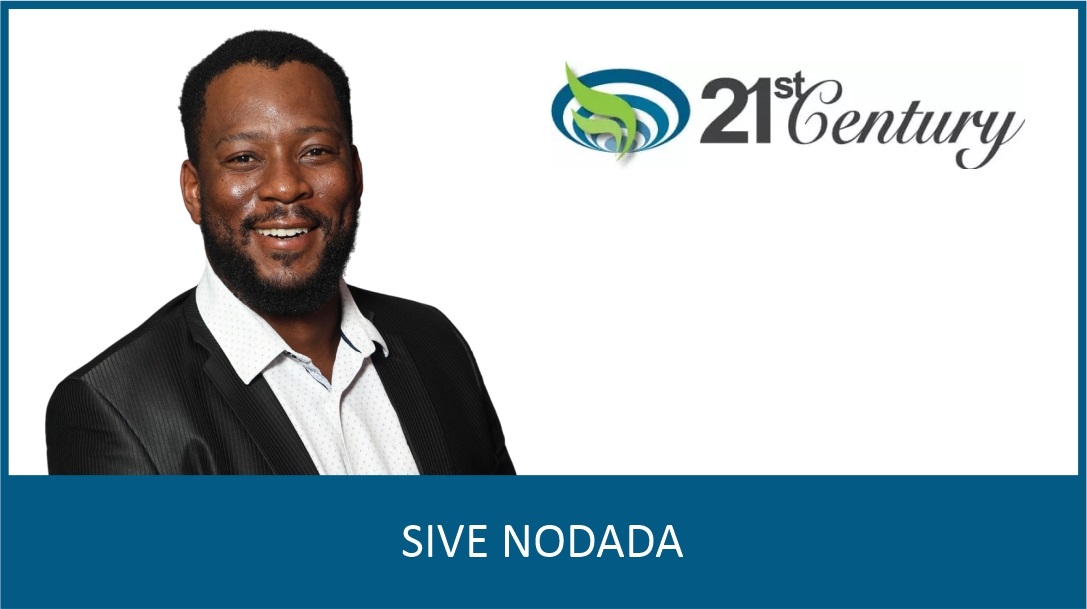Mariska Redelinghuys, Legal Specialist: Advice at PSG Wealth
‘One day when I’m big!’ How many times have we uttered those words as children when dreaming about our future? And then, quite suddenly, we find ourselves ‘adulting’ and reflecting on the lessons we’ve learned and considering the legacy we will be leaving the next generation. A well-planned legacy is one of the most meaningful gifts you can leave to your heirs. It is an intentional act to shape the future and ensure that the values, resources and wisdom cultivated throughout a lifetime continue to benefit generations to come. Legacy planning is not limited to financial matters – it is a holistic process that weaves together family, tradition and personal principles.
The difference between estate planning and legacy planning
Estate planning refers to growing and protecting your assets over your lifetime and encompasses how those assets are managed and transferred after you pass away. This includes ensuring that there is enough liquidity in your estate to settle debts (such as outstanding mortgage loans) and to cover estate expenses (like executor’s fees and estate duty). It also entails planning for the maintenance needs of your surviving partner, spouse or children, as well as the transfer of wealth from one generation to the next. Without a proper estate plan, you have no guarantee that your wishes will be carried out or fulfilled.
Your estate plan should not be static. As your circumstances change and your assets grow, your needs and priorities will also shift. It is therefore imperative that your estate plan caters for your changing needs and goals, and that you regularly review it – not only with your financial adviser, but also with the next generation who will become the beneficiaries of your wealth. This ensures that your plan aligns not only with their future goals, but also with your values and priorities. Legacy planning plays a crucial role in making this possible.
Legacy planning delves a level deeper than estate planning. While estate planning focuses on valuables, legacy planning focuses on values. More than simply the transfer of money and property, legacy planning is about transferring wisdom and priorities, while offering guidance and support to those who follow in our footsteps. This is important in every family, but it is perhaps more significant in family businesses, such as farming enterprises and philanthropic endeavours.
Financial education
The most valuable legacy we can leave future generations is a financial education to equip them with the skills to build a foundation for responsible money management.
Here are a few guidelines for conversations with different age groups.
Pre-schoolers
- Identifying needs vs. wants: Explain the difference between things children need (for example food and shelter) and things they want (such as toys or treats).
- Saving and spending: Use a piggy bank to demonstrate the concept of saving money for a future purchase, like a toy or a trip.
Young children and pre-teens
- Setting savings goals: Help children set simple savings goals, such as saving for a birthday gift or a special outing.
- Delayed gratification: Explain the concept of waiting for a reward after saving or completing a task.
Teenagers
- Budgeting and financial planning: Introduce more complex budgeting tools and help teens develop a financial plan for their future.
- Saving for the future: Discuss the importance of saving for tertiary education, a car, or other long-term goals.
- Understanding debt: Explain the basics of interest, credit cards and the consequences of borrowing money.
- Basic investing: Introduce the concept of investing and the power of compound interest.
Young adults
- Financial responsibility: Emphasise the importance of financial responsibility, including managing debt, saving for retirement and making informed financial decisions.
- Earning money: Explain that money is earned and that financial decisions are crucial for building a secure future.
- Budgeting and money management: Demonstrate how to budget, save and invest in a way that supports financial goals.
Conclusion
Leaving a legacy is about making choices today that will help others tomorrow. The sooner we impart valuable financial lessons to future generations the better, and it is never too late to model and adopt healthy financial habits – not only for our own sake, but also for the benefit of future generations. Your actions now can echo far into the future, shaping lives and inspiring hope for years ahead.
ENDS

























































































